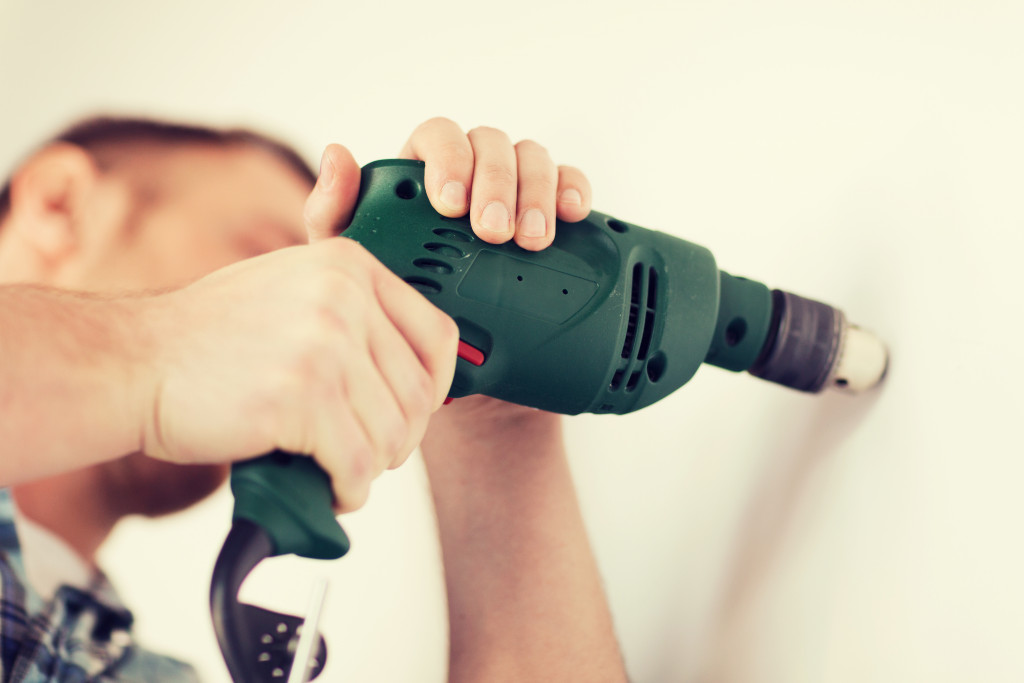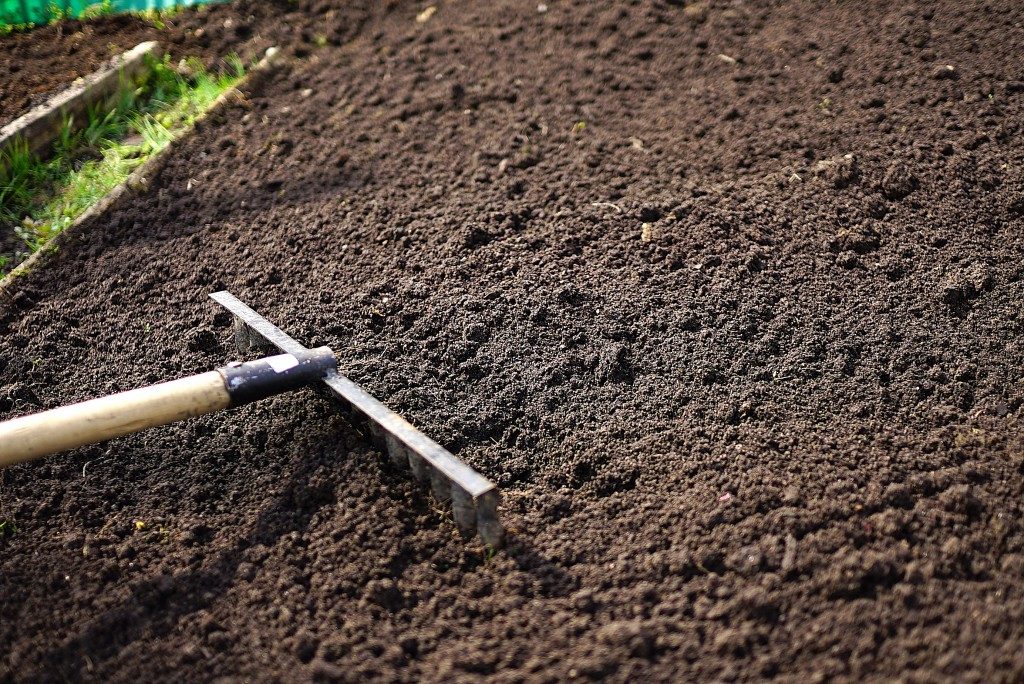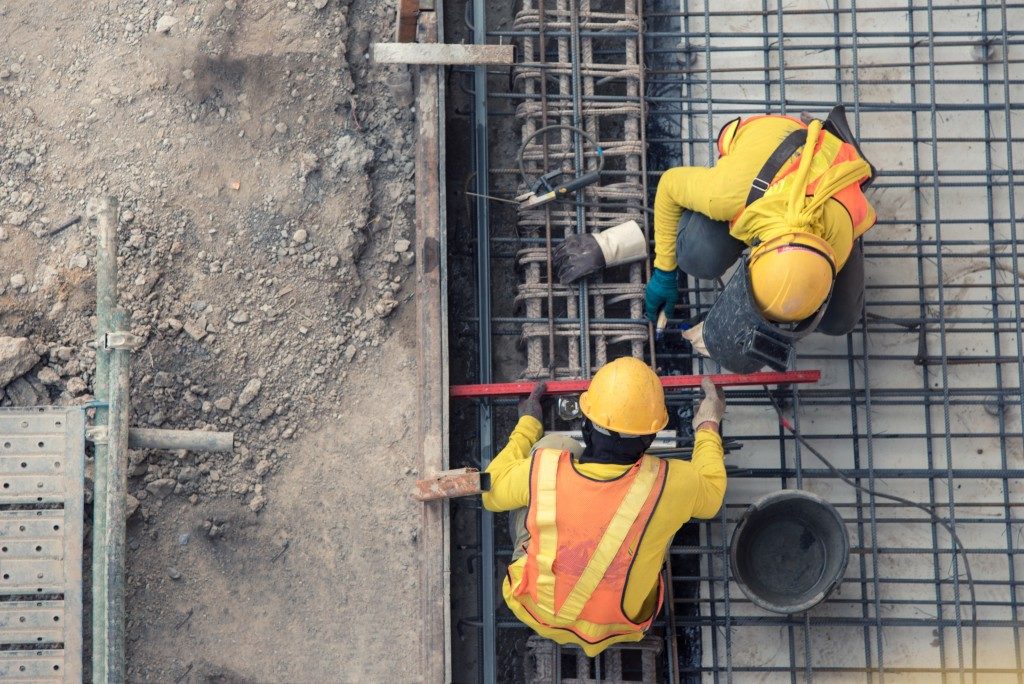- DIY skills help homeowners save on maintenance costs, increase property value, and bring personal satisfaction.
- Understanding tools, mastering basic repairs, and adhering to safety guidelines are crucial for beginners.
- Learning from professionals and observing their work can provide valuable insights for future DIY projects.
- Regular practice with small projects can enhance DIY skills, resulting in efficient problem-solving strategies and fewer mistakes.
Learning DIY skills is of immense value for homeowners in maintaining their property and saving money. A report from HomeAdvisor suggests that homeowners spend an average of $1,105 per year on home maintenance and repairs, which could be significantly reduced with some basic DIY knowledge. Furthermore, according to a survey by the National Association of Realtors, 73% of homeowners believe that their investment in DIY projects, besides saving repair costs, also adds to the overall value of their homes. Therefore, learning DIY skills involves immediate cost savings and increasing the property’s long-term value.
However, learning DIY is not easy and should not be taken lightly. DIY projects require careful planning, research, and a lot of patience to achieve the desired result. Here are a few tips to help you with the process:
Start with the Basics

Of course, homeowners should start somewhere when improving their DIY skills. Taking a few simple classes or reading online tutorials can be invaluable in getting the basics of home repairs right. Still, you might want things to move to practical levels. Here are a few ideas to help you with the process:
Understanding Tools
The first step towards becoming a DIY enthusiast is to know your tools. Understand the functioning and application of various hand tools like hammers, screwdrivers, pliers, and power tools such as drills, circular saws, and sanders. Knowing what tool to use is critical for efficiency and safety.
Basic Home Repairs
Start by mastering basic home repairs like fixing a leaky faucet, unclogging a drain, or repairing a loose door handle. These tasks may seem simple but provide a solid foundation for more complex DIY projects.
Safety First
Before embarking on any DIY project, it’s imperative to understand and adhere to safety guidelines. This includes wearing the right protective gear, ensuring the work area is safe and free from hazards, and correctly handling tools to prevent injuries.
Basic Decorations
Many DIY enthusiasts get started with basic decorating projects like painting walls, installing crown molding, and laying tile. These tasks allow homeowners to quickly spruce up their homes without the assistance of a professional.
DIY skills offer homeowners multiple advantages, including cutting repair costs, increasing property value, and bringing a sense of accomplishment. However, starting by learning the basics and following safety guidelines is essential. Homeowners can gain skills to handle various home improvement projects with dedication and practice.
Learning from Professionals

Observing professionals at work or hiring them for specific tasks can be a significant learning opportunity. For instance, homeowners may need to hire exterior house painter services. Watching these professionals prepare surfaces, choose the right paint, and apply it skillfully could provide valuable insights for future DIY painting projects.
Similarly, if you hire a professional plumber or electrician for significant tasks, observe their work process, ask questions, and try to understand the reasoning behind their actions. Remember, however, that some jobs are best left to professionals due to the risk or specific expertise they require. Roofing, in particular, is a complex task and requires specialized skills.
Other professionals to learn from include HVAC technicians, carpenters, and landscape designers. Learning from experienced professionals can equip you with the skills and confidence to handle some challenging DIY tasks in the future. With dedication and practice, homeowners can improve their homes and save money while gaining satisfaction from completing projects themselves.
Practicing to Perfection
Practicing home improvement tasks can significantly enhance your DIY skills like any other skill. Regular practice ensures you are familiar with the process, helps you identify any potential issues, and allows you to develop efficient problem-solving strategies. Consequently, you save time and reduce the likelihood of making costly mistakes.
Homeowners can apply this practice in various areas around their homes. For instance, homeowners might practice painting on a small shed or a piece of scrap drywall after observing an exterior house painter service. Over time, they might feel comfortable enough to paint an entire room. Similarly, after watching a carpenter, homeowners can start with a small woodworking project, like a shelf or a desk, and then take up more complex tasks as their confidence grows.
Homeowners can incrementally build their skills and confidence by focusing on smaller, manageable projects and gradually moving to more challenging tasks. This “practice makes perfect” approach, coupled with learning from professionals, can help homeowners master DIY tasks, ultimately leading to an increase in their property’s value and a potential decrease in repair and maintenance costs.
Final Thoughts
Learning DIY skills is essential for homeowners to save money, maintain their homes, and enhance their property’s value. While learning these skills can be challenging, following the right tips and tricks can make things easier. With dedication and practice, homeowners can develop the skills to successfully handle various home improvement projects. DIY enthusiasts enjoy cost savings, increased property value, and satisfaction in the long run.


